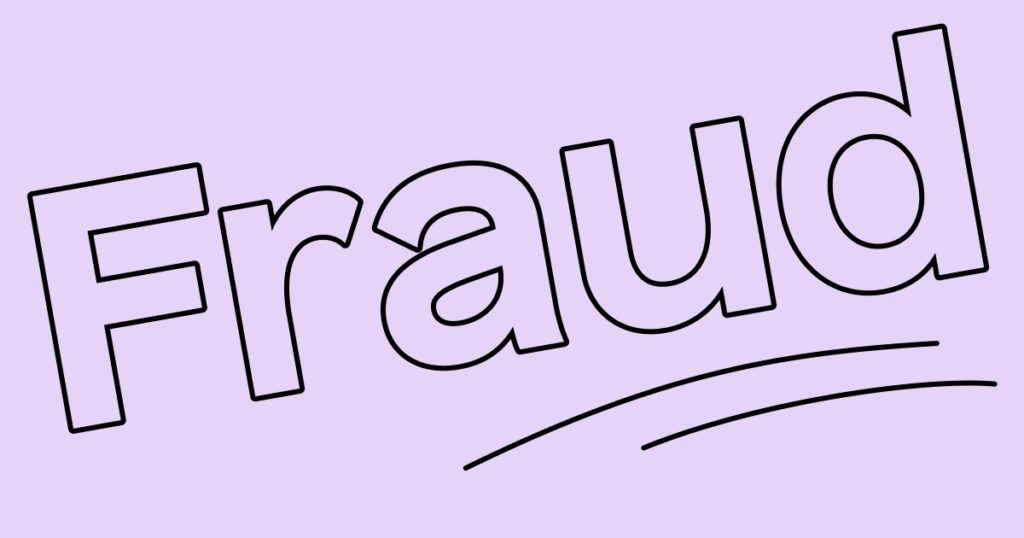Wondering what the punishment is for not declaring income in the UK? Or whether there’s even a punishment at all? Read on to find out the answers!
Is there a punishment for not declaring income?
Deliberately not declaring income is called tax evasion. And yes, tax evasion is indeed a punishable crime in the eyes of the law. (And most other people…)
Cases of tax evasion often vary. It spans from under-reporting a couple of hundred pounds to evading millions of pounds in taxes you owe.
It’s even possible to accidentally commit tax evasion by unknowingly not declaring taxable income. For these reasons, there’s no standard punishment for all cases of tax evasion.
But whether it was an accident or deliberate, the chances of HMRC letting you off the hook with no sort of punishment is pretty unlikely. The consequences can be pretty stiff too. 🥵
What is the most common punishment for not declaring income (UK)?
Again, this depends on the individual case. However, HMRC’s main priority is usually recovering any unpaid tax. And as they’ve had to go out of their way to recover the funds, they’ll most likely slap a fine on top, too!
A fine for tax evasion could be anything up to a whopping 200% of the tax due. 🥴
Here are some cases of tax evasion penalties:
In 2020, Mioara Larisa Ramadan, a market trader from Leeds was found guilty of evading £37,400 in income tax. She was ordered to pay a penalty of £22,253.
In the same year, an unidentified landlord had to repay £281,000 which he evaded on his 17 properties. On top of that, he was ordered to pay an additional fine of £200,000.
Safe to say they won’t be taking that chance again! 🫣
Can you go to jail for not declaring income?
Yes – this is also possible!
In extreme cases of tax evasion, you could face jail time. A sentence for tax evasion won’t usually be any more than seven years, but there is no cap in place to prevent a heftier sentence from being given.
How does HMRC know about undeclared income UK?
There are many ways HMRC can find out about undeclared income.
First of all, they use sophisticated software called Connect. This system is designed to analyse large amounts of data and pick up any inconsistencies that could point to tax evasion.
From there, HMRC can launch an investigation.
HMRC may also decide to investigate if they have reason to suspect your tax return or tax credit application is incorrect (like in Mr Talukdar’s case).
They also share data with plenty of companies and have access to financial records held by banks, insurance brokers and many more. This includes companies like Airbnb and crypto exchanges like eToro.
So again, there are many ways HMRC can find out about undeclared income. It’s too easy, really!




